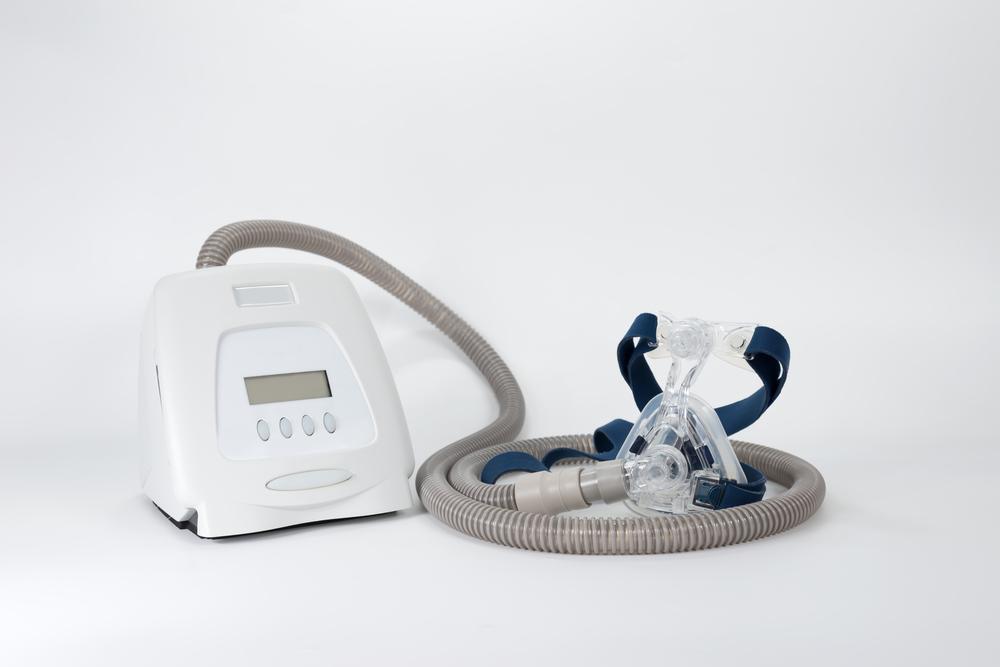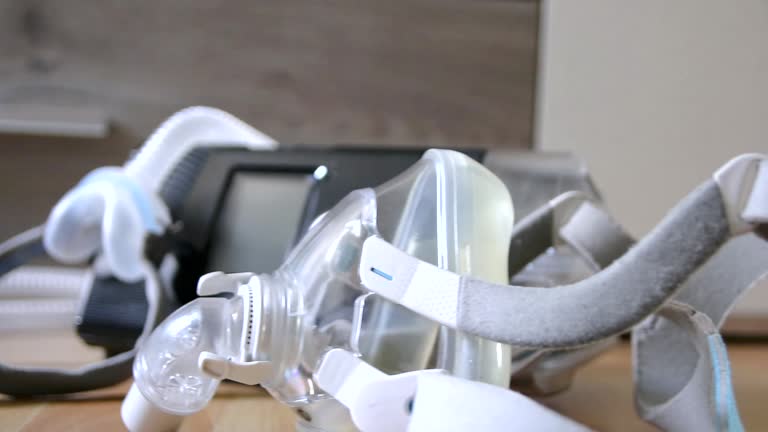Meta Description: Discover how CPAP therapy treats sleep apnea, its benefits, and tips for success. Learn how this life-changing treatment improves sleep and overall health.
Introduction
Sleep apnea is a serious sleep disorder where breathing repeatedly stops and starts, leading to poor sleep quality and health risks. One of the most effective treatments is CPAP therapy—a non-invasive solution that keeps airways open. If you or a loved one struggles with sleep apnea, understanding how CPAP works, its benefits, and how to use it effectively can make a world of difference.
What Is Sleep Apnea?
Sleep apnea occurs when the throat muscles relax too much during sleep, blocking the airway (obstructive sleep apnea) or when the brain fails to send proper signals to breathe (central sleep apnea). Common symptoms include:
- Loud snoring
- Gasping or choking at night
- Daytime fatigue
- Morning headaches
- Difficulty concentrating
Left untreated, sleep apnea increases the risk of high blood pressure, heart disease, and diabetes. That’s where CPAP therapy comes in.

How Does CPAP Therapy Help?
CPAP (Continuous Positive Airway Pressure) therapy uses a machine to deliver a steady stream of air through a mask, preventing airway collapse. Here’s how it works:
- The CPAP Machine – Generates pressurized air.
- The Mask – Fits over the nose or mouth, delivering air to the throat.
- The Hose – Connects the machine to the mask.
By maintaining constant air pressure, CPAP keeps the airway open, allowing uninterrupted breathing and deeper sleep.

The Science Behind CPAP Machines
CPAP machines work on a simple but effective principle:
- Air Pressure Prevents Collapse – The gentle pressure acts like an “air splint,” holding the throat open.
- Oxygen Levels Stabilize – Prevents drops in blood oxygen, reducing strain on the heart.
- Sleep Cycles Improve – Fewer interruptions mean more restorative REM sleep.
Studies show that consistent CPAP use significantly reduces sleep apnea symptoms and improves overall health.
Benefits of Using a CPAP Machine
Why is CPAP considered the gold standard for sleep apnea treatment?
✔ Better Sleep Quality – Fewer awakenings mean deeper, more restful sleep.
✔ Reduced Daytime Fatigue – More energy and improved focus.
✔ Lower Risk of Heart Problems – Decreases blood pressure and heart strain.
✔ Improved Mood & Mental Clarity – Less irritability and brain fog.
✔ Decreased Snoring – Benefits both the user and their bed partner.
Patients often report life-changing improvements within weeks of starting therapy.

Common Challenges & How to Overcome Them
While CPAP is highly effective, some users face initial hurdles. Here’s how to tackle them:
1. Mask Discomfort
- Try different styles (nasal, full-face, nasal pillows).
- Adjust straps for a snug but comfortable fit.
2. Dry Mouth or Nose
- Use a heated humidifier (built into many CPAP machines).
- Try a chin strap if mouth breathing is an issue.
3. Difficulty Adjusting to Pressure
- Start with ramp settings (gradual pressure increase).
- Practice wearing the mask while awake.
4. Noise Concerns
- Modern CPAP machines are near-silent—check for proper filter maintenance.

Tips for Successful CPAP Therapy
To get the best results:
✅ Clean Your Equipment Regularly – Prevents bacteria buildup.
✅ Replace Parts as Needed – Masks and hoses wear out over time.
✅ Stick to a Routine – Use CPAP every night, even for naps.
✅ Track Your Progress – Many machines sync with apps for sleep data.
Consistency is key—most users adapt within a few weeks.
Frequently Asked Questions (FAQ)
Q: How long does it take to see results from CPAP therapy?
A: Many notice improvements in energy and focus within days, but full benefits may take a few weeks.
Q: Can I travel with my CPAP machine?
A: Yes! Most are portable and FAA-approved for flights.
Q: Will I always need CPAP therapy?
A: For most, CPAP is a long-term solution, but weight loss or surgery may reduce dependence.
Q: Does insurance cover CPAP machines?
A: Most health insurance plans (including Medicare) cover CPAP with a doctor’s prescription.
Final Thoughts
CPAP therapy is a proven, life-changing treatment for sleep apnea. By understanding how CPAP works and following best practices, you can enjoy better sleep, improved health, and more energy.
If you suspect sleep apnea, consult a sleep specialist—getting tested could be the first step toward restful nights and healthier days.
Call-to-Action (CTA):
Struggling with sleep apnea symptoms? Schedule a sleep study today and explore if CPAP therapy is right for you!